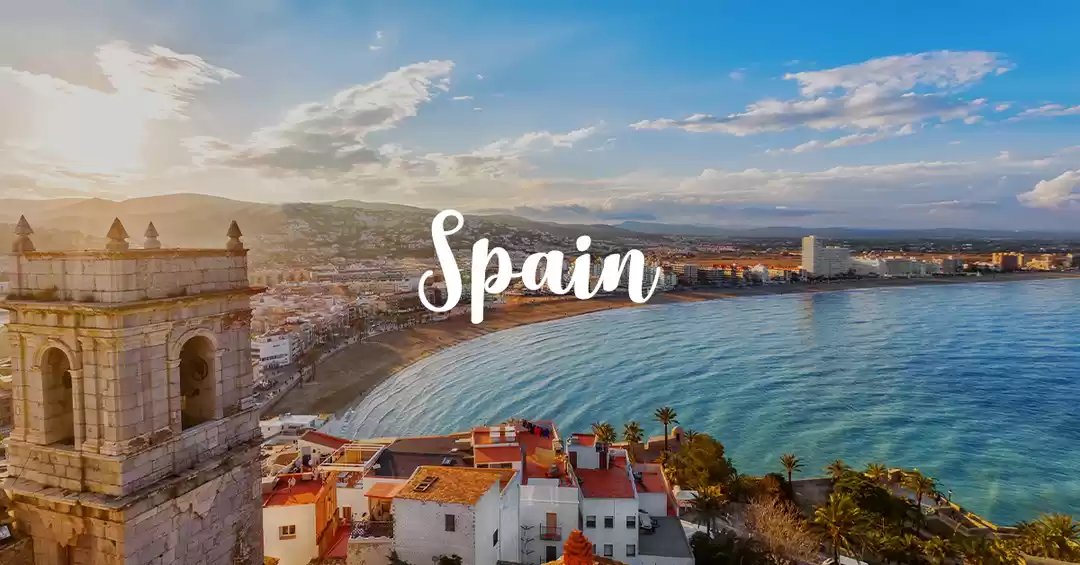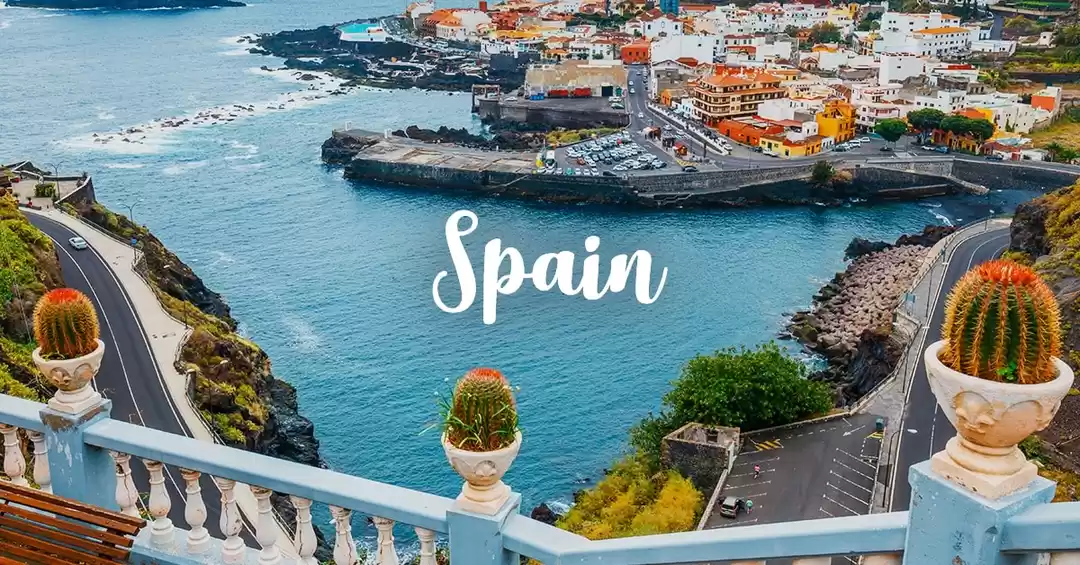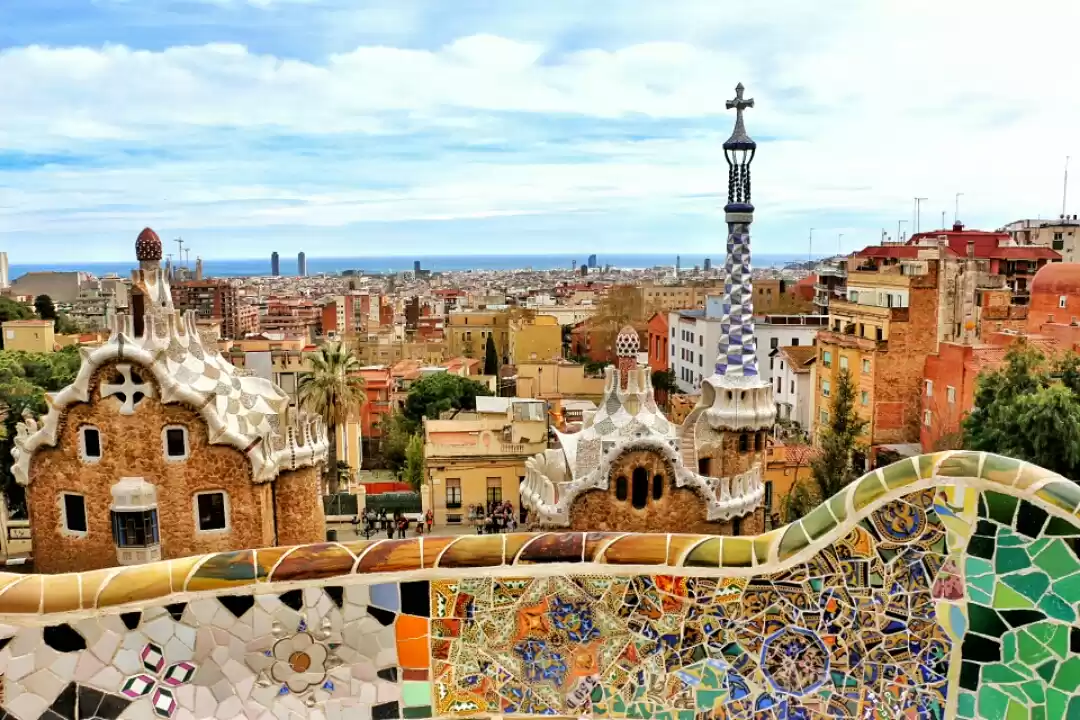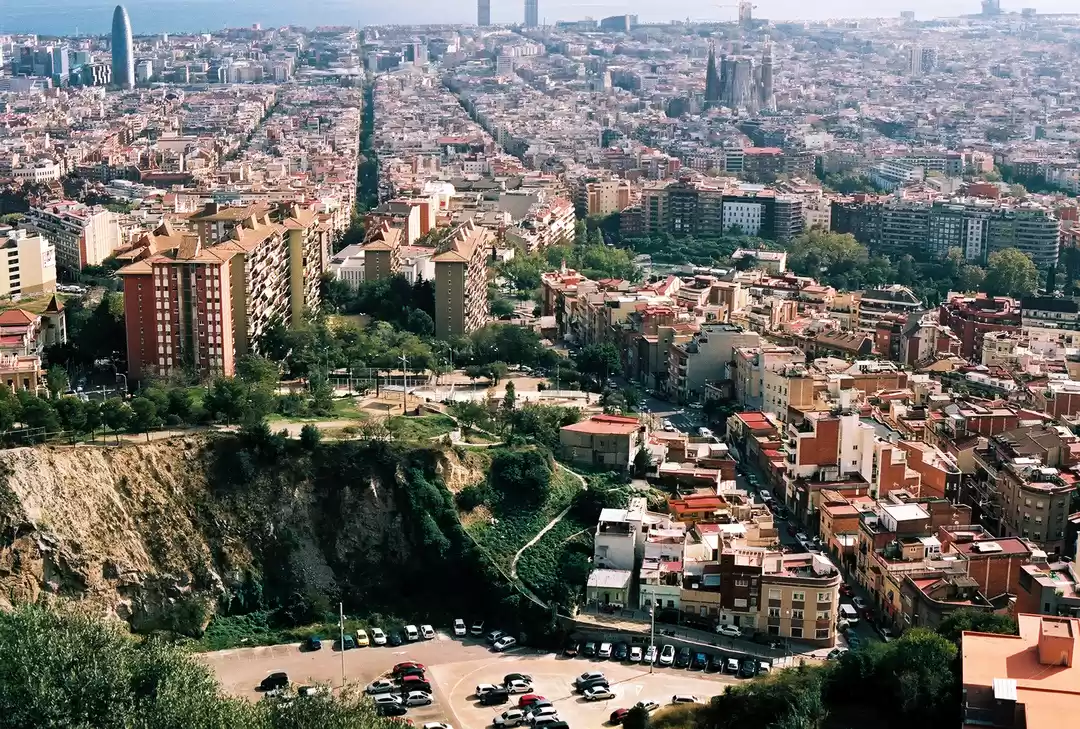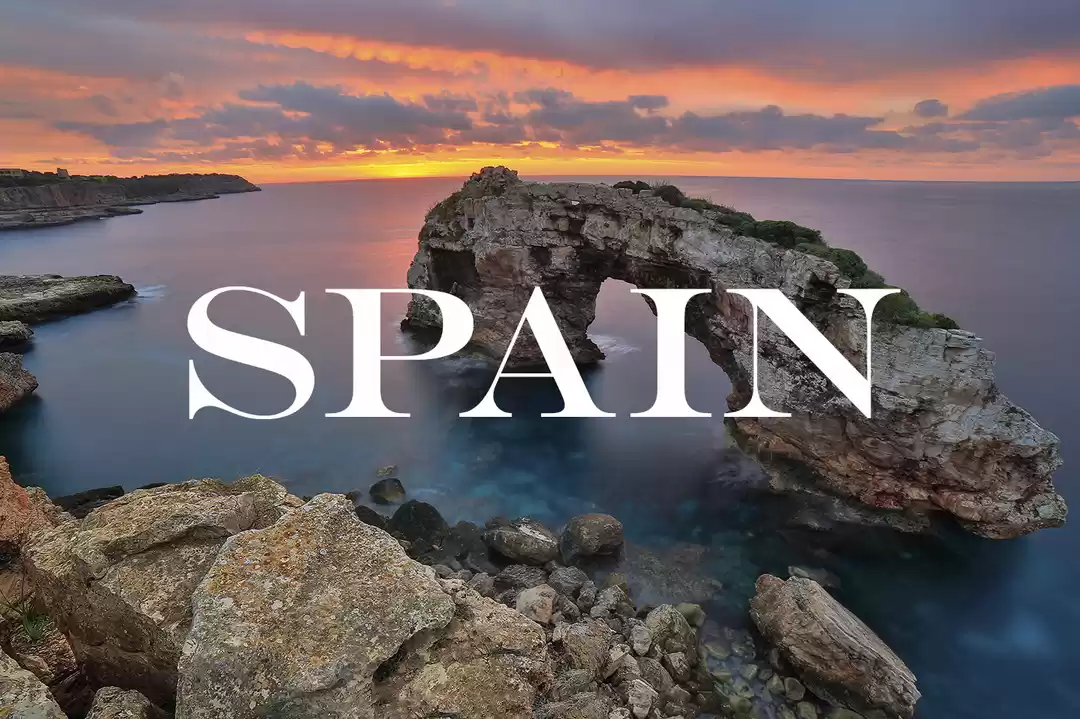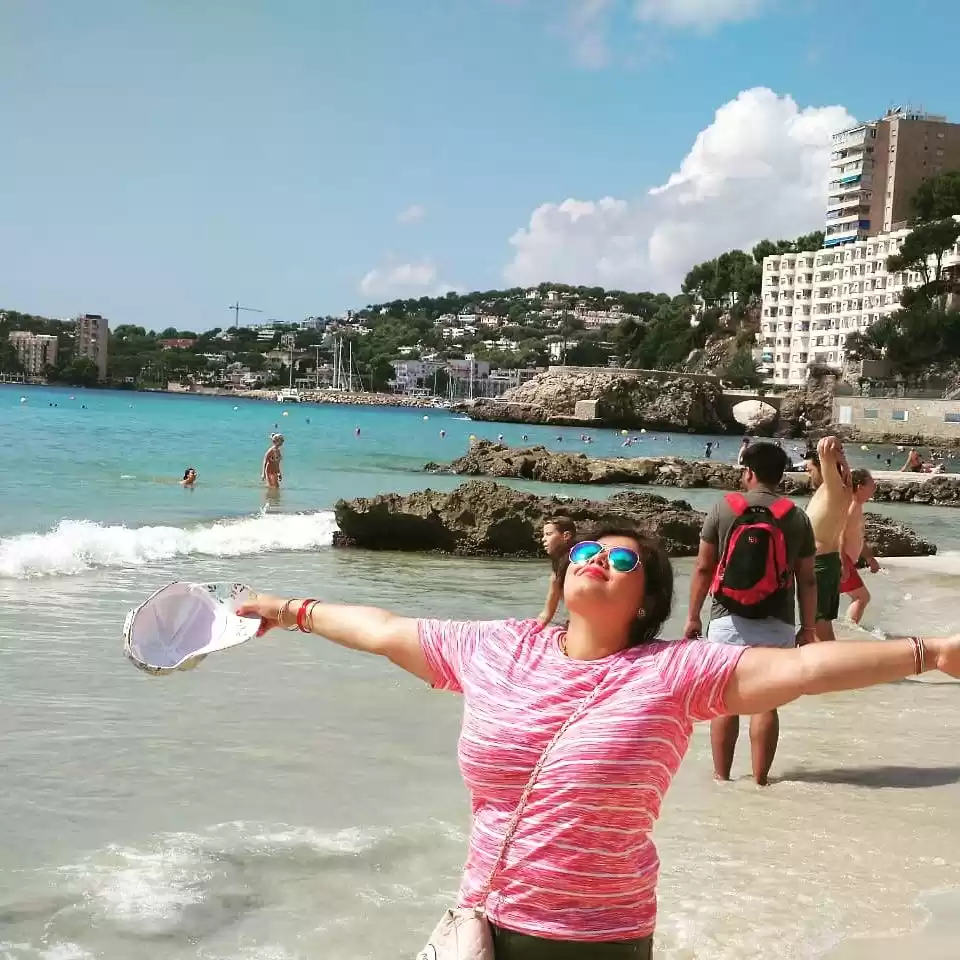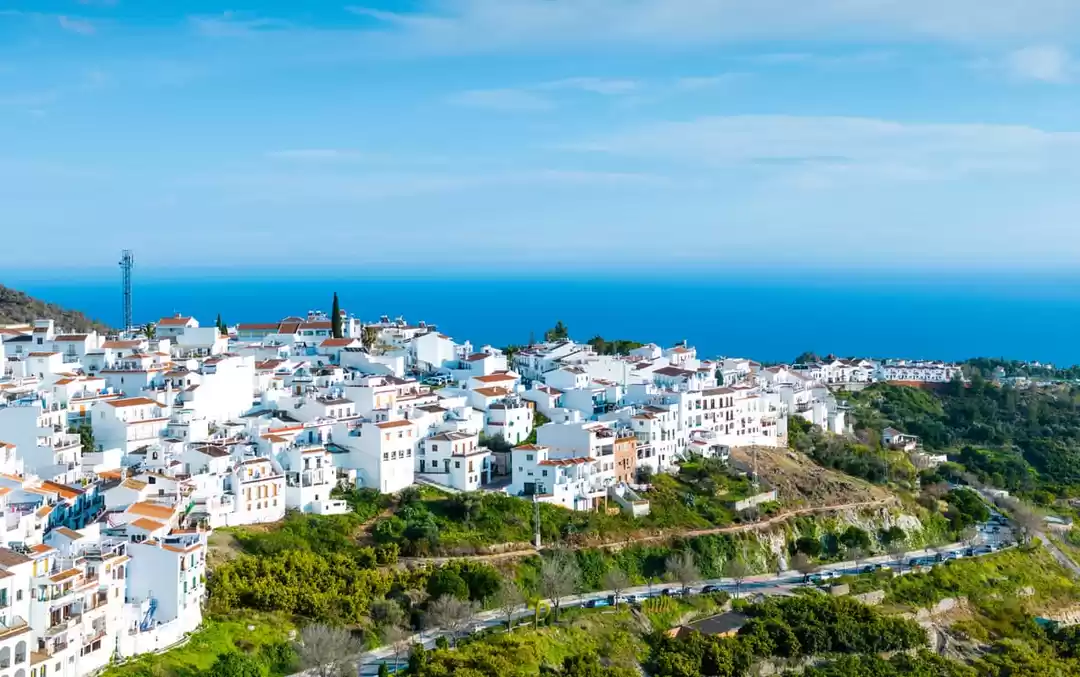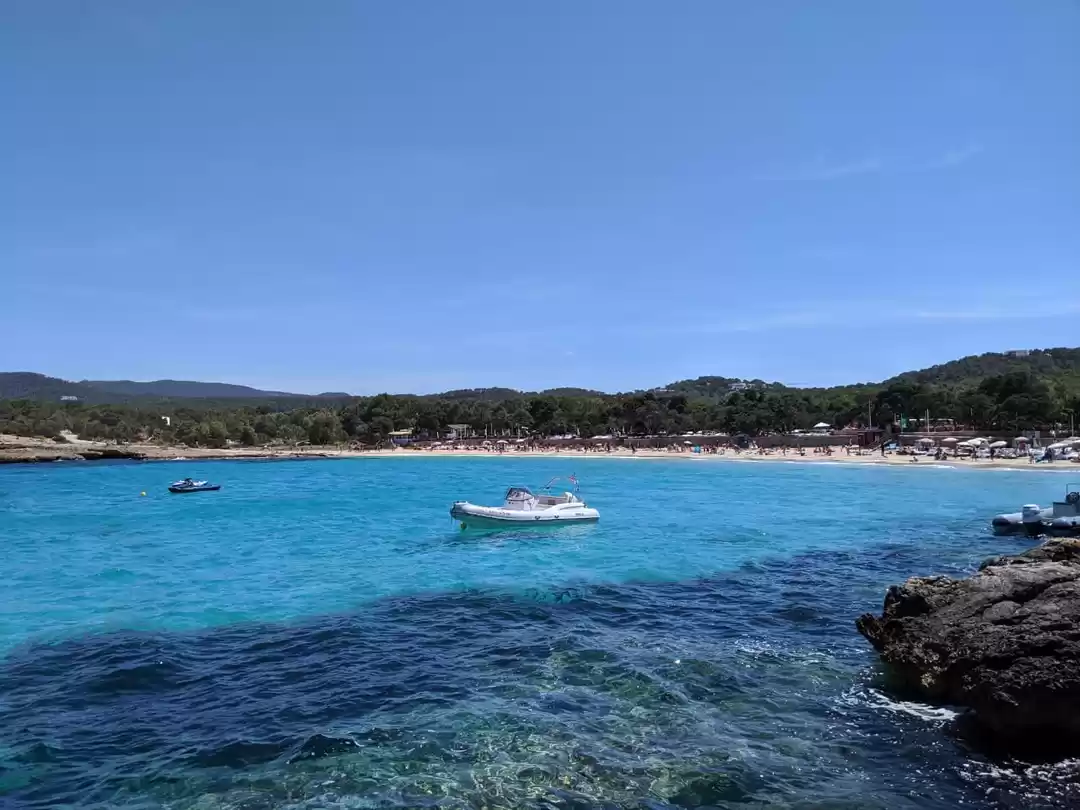
Spain has some of the best beaches in the world, year-round weather, and an extensive cultural heritage. But because so many tourists come to Spain each year, the noise and mess they create frequently annoy the locals. Spain is the second-most visited country in the world and one of Europe's most well-liked vacation spots.

Spain received more than 49 million foreign visitors in 2022. But because so many tourists come to Spain each year, the noise and mess they create frequently annoy the locals. Spain's 17 autonomous communities have enacted new laws and regulations geared directly at visitors in an effort to fight this.
Here is everything tourists to Spain need to know, from rigorous dress rules and noise limitations to laws against smoking in public places:

1. New Restaurant Rules:
The owners of restaurants on the Spanish island complain that "no shows" are getting to them and costing them money. The restaurant association of Majorca, Restauración CAEB, has unveiled a new regulation.
In the future, when making a reservation, consumers will be prompted for their credit card information. 20% of the typical projected bill will be charged if the diners don't show up.
2. Illegal Parties:
According to local media, everyone involved in planning, organising, or advertising the party as well as attendees may face fines of up to £25,000 if it takes place in a protected natural area or too close to residences.
If tourists violate the anti-nuisance regulations, they might be hit with fines of 600 euros (£526) to 30,000 euros (£26,000). The regulations are so stringent that they even forbid music on beaches and the scraping of furniture on bar and restaurant decks.
3. Too much noise
The popular Spanish vacation destination of Alicante has announced its strictest-ever enforcement of noise pollution laws. If tourists violate the anti-nuisance regulations, they might be hit with fines of 600 euros (£526) to 30,000 euros (£26,000). The regulations are so stringent that they even forbid music on beaches and the scraping of furniture on bar and restaurant decks.
4. Smoking
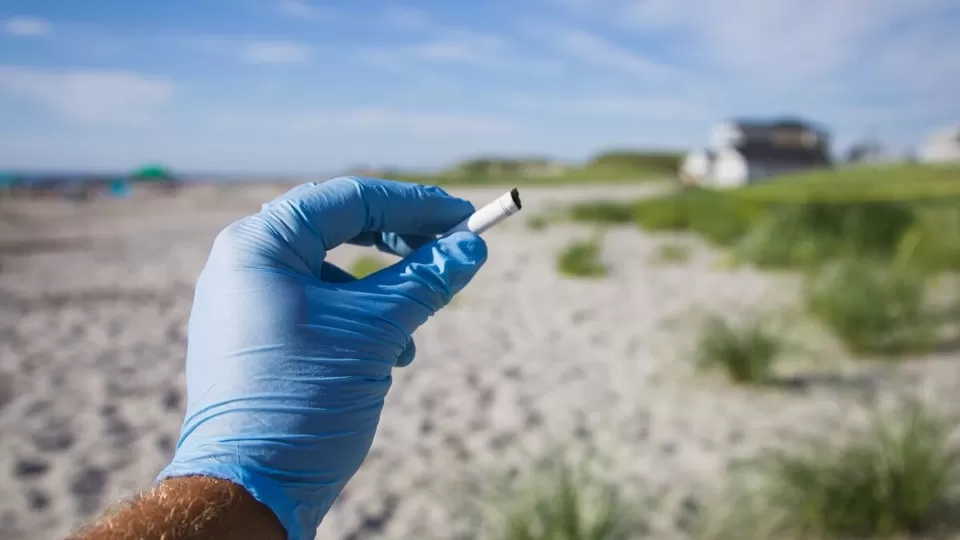
All of Barcelona's beaches were made smoke-free last year, and anyone found in violation was informed that they risked fines. As a result of a successful trial programme that involved four beaches, the smoking ban has now been implemented at all ten beaches along Barcelona's coastline. In an effort to promote better health and reduce the problem of cigarette butts being left on the sand, smoking is now prohibited on a total of 28 beaches in the Balearic Island.
5. Dress Codes
11 restaurants affiliated with Palma Beach resorts in the Balearic islands adopted dress guidelines last year, which forbid a variety of apparel items such football shirts, strapless vest tops and swimwear. Items that are prohibited include football shorts, swimming trunks, swimsuits, any accessories and tank tops without straps.
No matter where you are in Spain, it is always a good idea to check the restaurant or bar's dress code before you go out to prevent being turned away at the entrance.
6. All-Inclusive Drink Limits
The Spanish government considers unruly and intoxicated tourists to be a major issue. In an effort to counteract this, the term "all-inclusive" has changed in various Spanish vacation spots. The all-inclusive hotels in the cities of Magaluf, El Arenal, Playa de Palma in Mallorca, and Sant Antoni in Ibiza now have drink restrictions. As part of these packages, guests are now limited to six beverages per day, three at lunch and three at night. Any extra alcoholic beverages must be purchased separately.

7. Carry Enough Cash
Outside of the EU, visitors visiting Spain must be able to prove that they have enough cash to cover their expenses for the entire period of their trip.For each day of their trip, tourists should have at least 100 euros ($110), plus an additional 900 euros ($984) for unforeseen circumstances.
This requirement was confirmed by the Spanish Interiors Minister, who said that "foreigners from third countries must prove, if required to do so by the officials in charge of controlling the entry of people into Spanish territory, that they have economic resources for entering the country through cash, travellers' checks, payment letters, or credit cards."
Regardless of your vaccination status, Spain does not require any proof of immunisation, a negative test result, or a COVID-19 recovery certificate in order to enter the country. However, all travellers travelling from China will once again be subject to mandatory COVID-19 vaccination and testing procedures as of 3 January 2023. Travellers from Hong Kong to Spain are exempt from these regulations.

Ready to travel for free? Earn credits and redeem them on Tripoto’s weekend getaways, hotel stays and vacation packages after the pandemic is over!
Watch travel stories come to life with Tripoto on Youtube!






